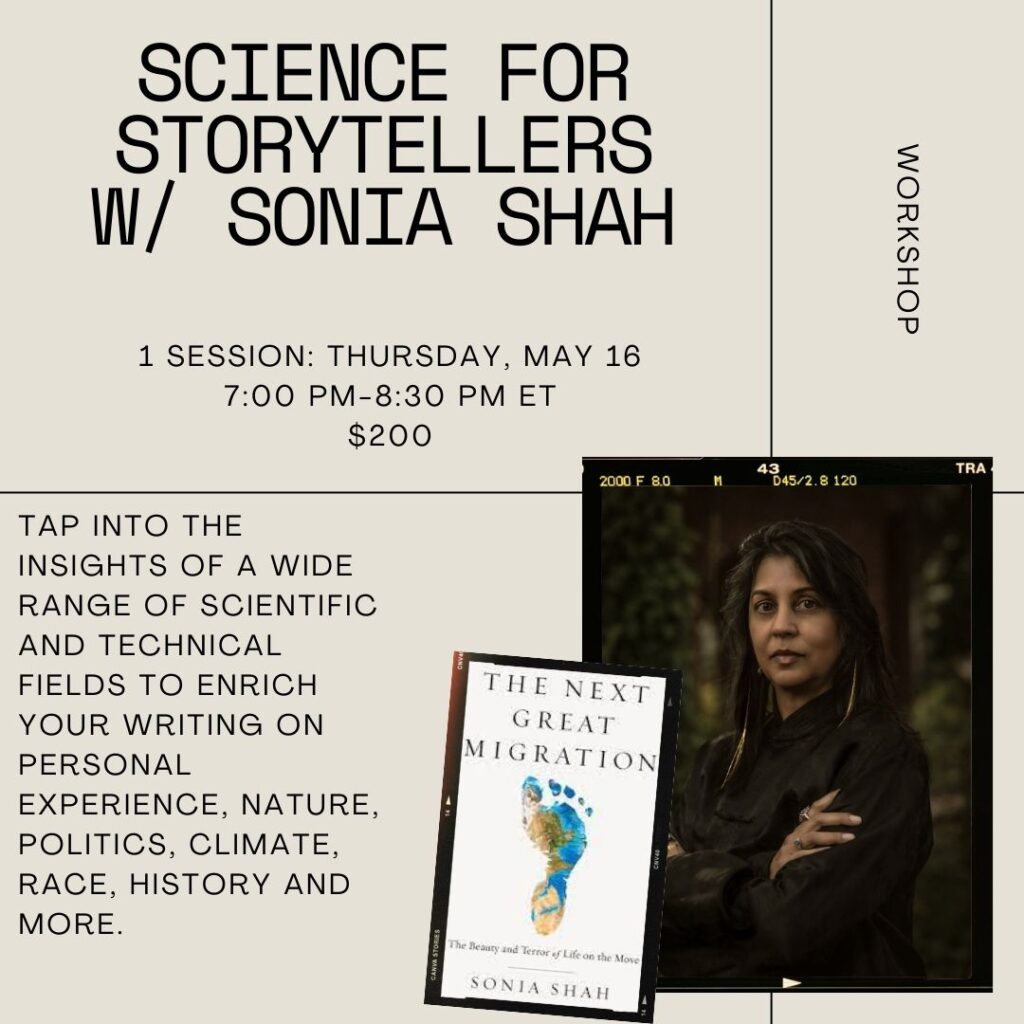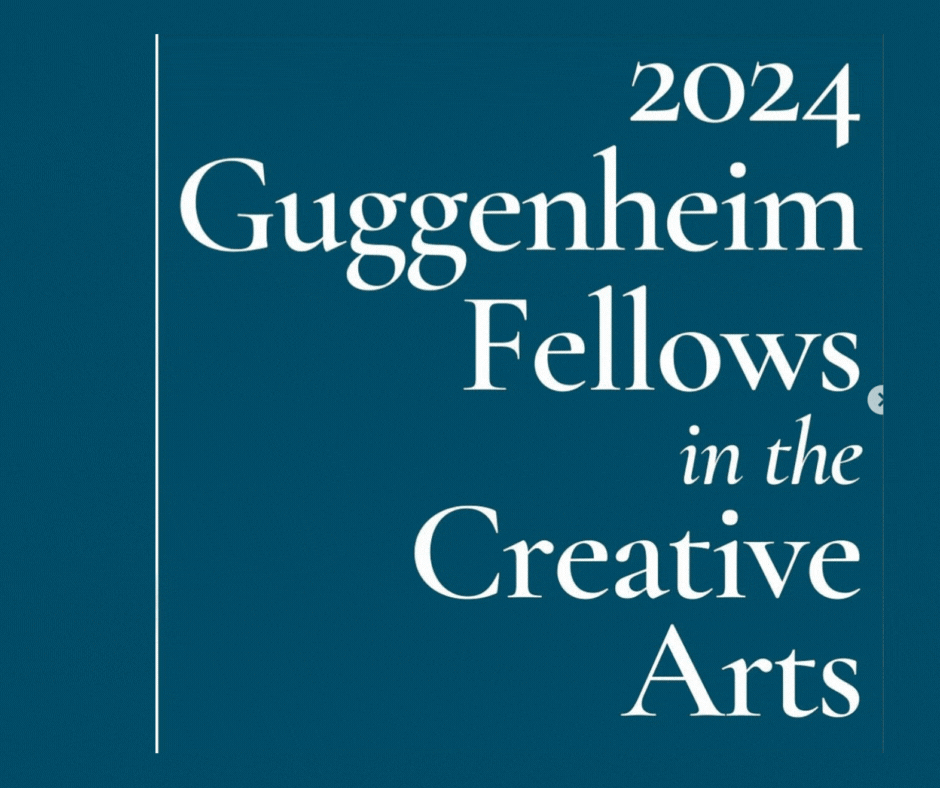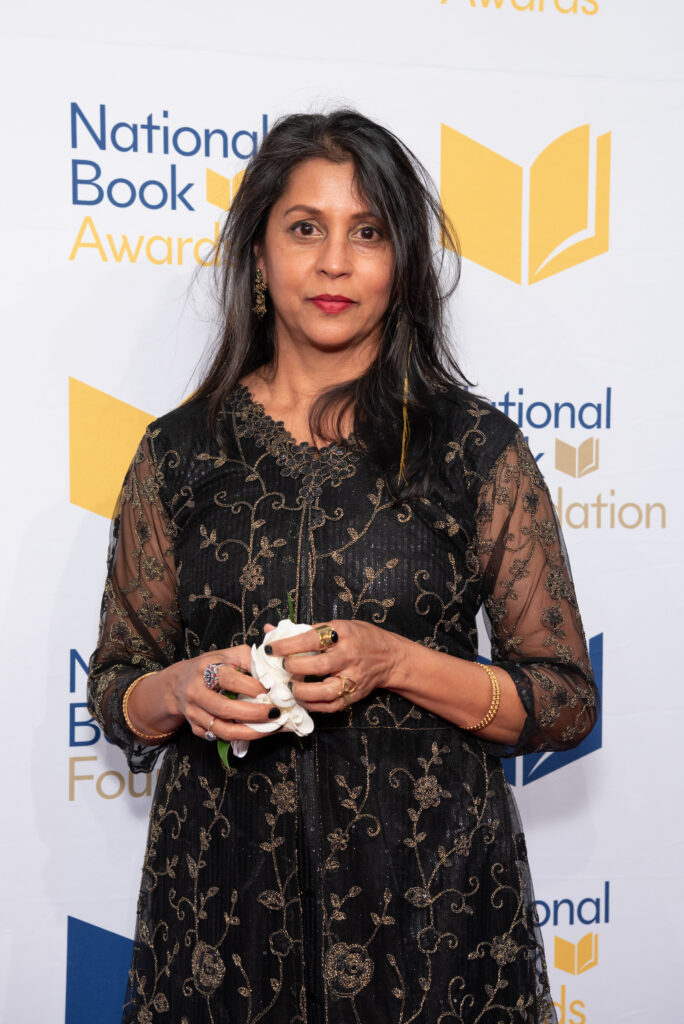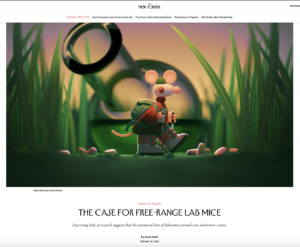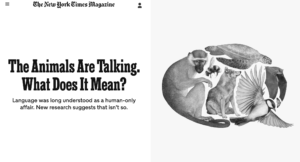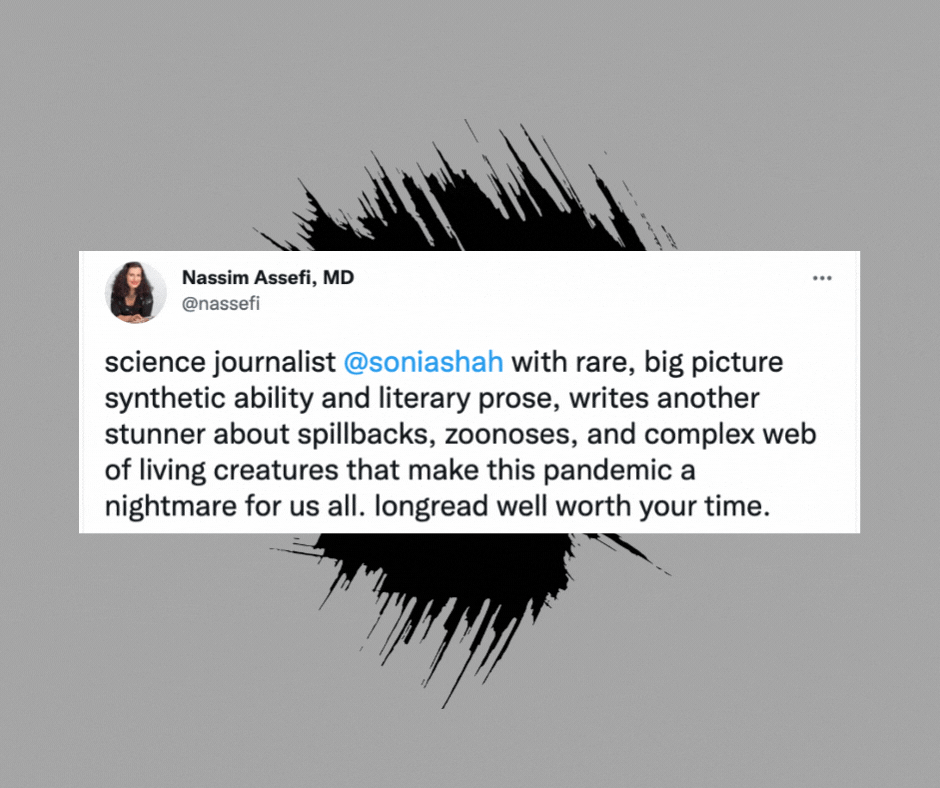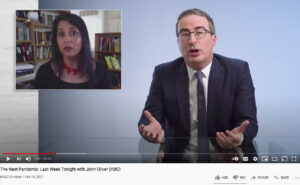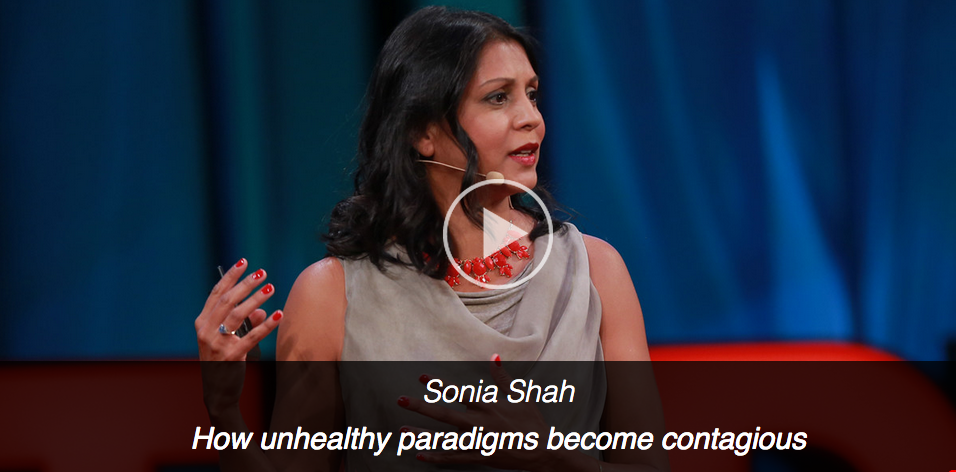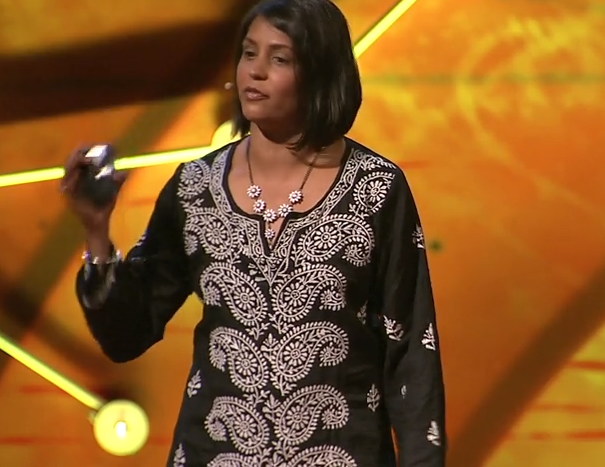Look out for the January edition of Ms magazine. They’re running a special feature in which leading feminists offer their thoughts and suggestions on how our new president can improve the lot of women at home and overseas. I was honored to contribute a paragraph or two myself!
Also this month, the History Channel is re-airing a documentary on oil called CRUDE, which features a certain author and shopper….yes, that’s me at Stop & Shop cruising the aisles and talking smack about oil. (A blogger wrote about my appearance in the film and called me “youngish.” Thanks. Better than “oldish,” right?) Question is: does anyone care anymore, now that the price of gas has fallen to two bucks a gallon? I fear not, but OPEC is tightening the taps so I’m guessing the price may yet rise, again. It hurts but it’s the only way forward.
